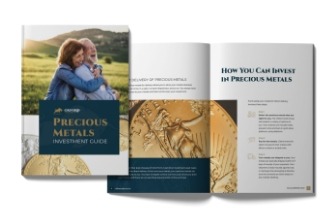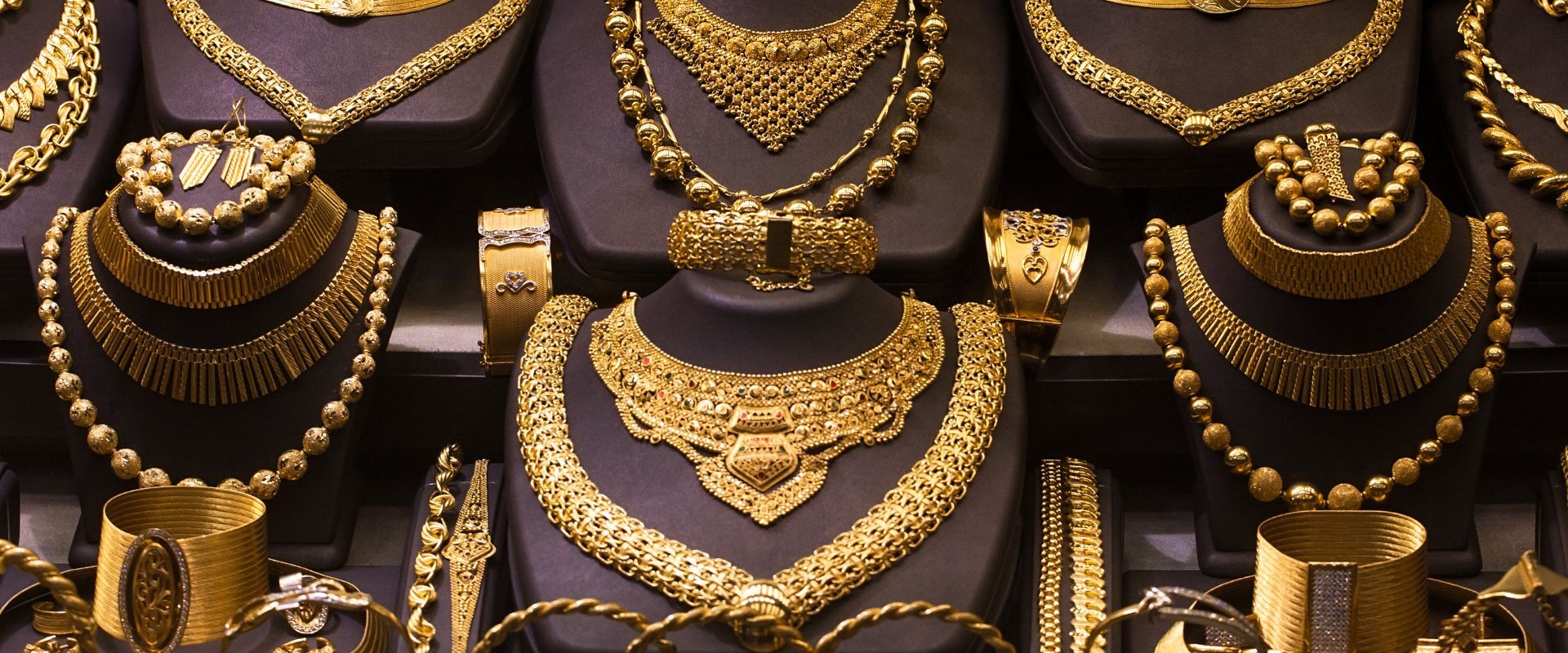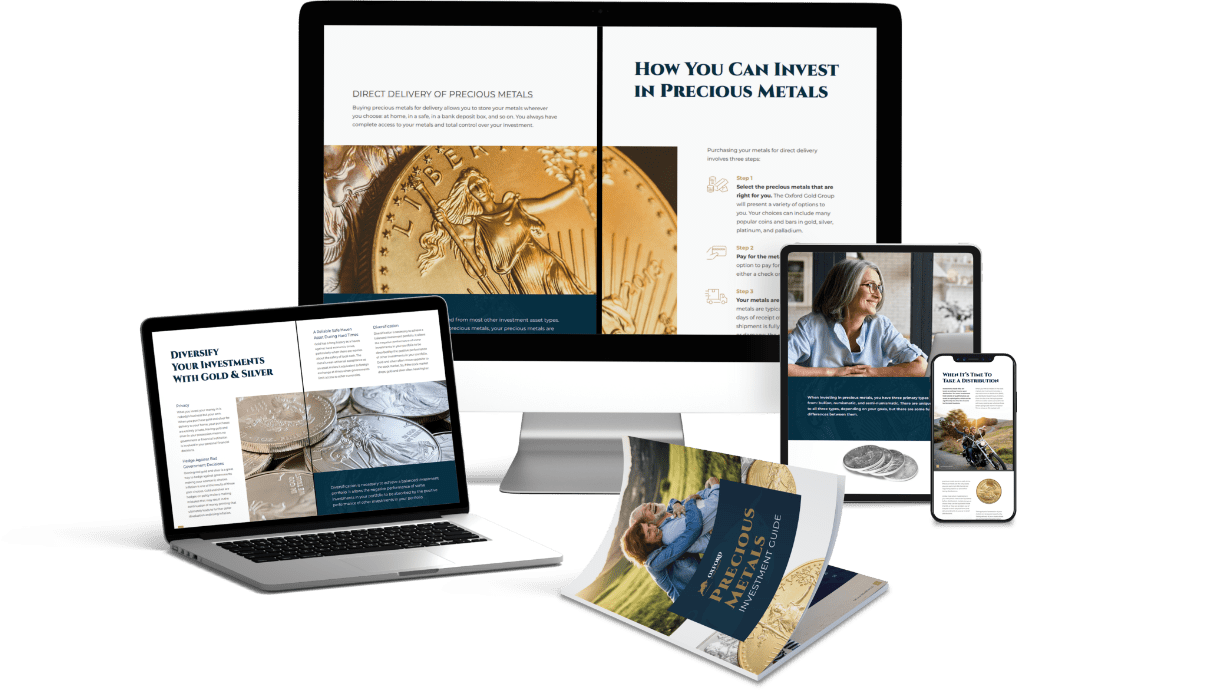Table of Contents
If you’re interested in buying precious metals to diversify your portfolio, you may have come across many common misconceptions about gold. “You need a fortune to buy gold,” some say. Others tell you that gold is a bad investment because it doesn’t pay dividends. It’s tough to know what to believe.
Let’s look at a few gold myths that confuse gold buyers and separate fact from fiction.
Gold Is a Risky Investment
“Gold is a risky investment” tops the list of gold-buying myths. Unlike other investments, such as stocks and bonds, gold tends to hold its value over long stretches of time. When the economy is doing poorly, gold prices remain relatively stable.
Additionally, gold will always have value. The same can’t be said for paper currency, the value of which can drop virtually overnight.
Take, for instance, the unfortunate story of the Venezuelan bolivar. In 2018, the government relaunched its currency as the bolivar soberano (VES), and the nation has struggled ever since. The currency has now lost 95% of its original value. A single roll of toilet paper costs 1.6 million VES, while a whole chicken costs 14.6 million VES (about $2.22).
A massive devaluation like this is highly unlikely to happen to gold because it’s such a versatile metal. Gold’s many uses include:
- Jewelry
- Dental fillings
- Medical equipment
- Aerospace technology
- Electronics
You Must Be Wealthy To Invest in Gold

With the current gold price sitting at more than $2,000 per ounce, it’s easy to believe this myth. To help with clarifying gold buying confusion, we’re here to say that this is one of the most common gold investment misconceptions.
Investing in gold doesn’t necessarily mean spending a fortune. Physical gold bullion coins and gold bars have a low barrier to entry and are affordable enough for many beginners.
One big benefit of buying physical gold is that you’ll pay no capital gains tax or VAT (value-added tax). If you’re on a tight budget, opt for gold bars, which are usually cheaper per ounce than coins.
Gold ETFs (exchange-traded funds) are another option. With an ETF, you can buy shares of gold just as you would purchase stocks. Not only is this cheaper than buying physical gold, but it’s also more affordable than purchasing individual stocks.
Gold Is Hard To Buy and Store
Investing in gold wasn’t always an easy process. Today, though, you have your pick of countless precious metal dealers online. Simply browse a dealer’s catalog, choose your gold products, and they’ll arrive in the mail in a few days.
Buying gold through a gold IRA is an even more hands-off process. If you opt for an IRA, you’ll have your custodian purchase gold on your behalf. They’ll then send your gold to a depository for safekeeping, so you don’t have to keep it at home.
ETFs, as mentioned above, are incredibly convenient, too. There’s no need to buy individual gold products or worry about storage.
Gold Does Not Pay Dividends or Interest
It’s true that gold doesn’t pay interest or dividends, at least not directly. But the value of gold tends to increase over time, so if you purchase gold and store it in an IRA, its value may have increased quite a bit by the time you reach retirement age.
Additionally, some gold ETFs pay dividends. These include:
- iShares MSCI Global Gold Miners (2.08%)
- Sprott Gold Miners ETF (1.22%)
- VanEck Vectors Gold Miners ETF (1.15%)
The Case for Gold Relies on Rising Inflation

If you’ve noticed rising prices for everything from groceries to rent, that’s inflation in action.
When inflation strikes, currencies often lose their value, which leads investors to purchase gold as a way to safeguard their portfolios. As a result, gold prices typically increase when the economy is doing poorly.
One of the most common gold myths that confuses gold buyers is that gold only does well during times of rising inflation. Because gold’s value tends to hold fairly steady, it makes for a good investment no matter how the economy is doing.
Gold Moves Inversely to the Dollar
You may have heard that gold prices increase when the U.S. dollar is weak, and vice-versa. However, correlation does not always mean causation, and many economists say that dollar movements are irrelevant to gold prices.
A study performed by economist Mike “Mish” Shedlock illustrates this well. Shedlock conducted this study by examining different periods of gold prices when the U.S. dollar index was at 87.5. He found that the price of gold varied widely from $500 to $1,900, indicating that the dollar index had no correlation with gold’s value.
Rising Interest Rates Are Bad for Gold
Economists say that as interest rates rise, the yield on fixed-rate assets, such as bonds, becomes more appealing. Since gold does not provide an annual yield, the myth is that gold is a poor investment when interest rates rise.
However, as with so many other common gold myths that confuse gold buyers, there’s a catch. What truly matters are “real” rates — interest rates minus the rate of inflation.
When it comes to gold and interest rates, if interest rates are high but below the rate of inflation, the price of gold could actually rise.
Mining Stocks Are Better Investments Than Bouillon

Mining stocks can seem like a good investment because you don’t have to purchase and store physical bullion. Plus, stocks are easy to incorporate into your portfolio, and they tend to do well even when gold prices are down.
However, they have a few drawbacks to consider. The first drawback is that mining stocks don’t match the prices of gold bullion, which means they provide less diversification for your portfolio. That means if the stock market crashes, you stand to lose a big chunk of change.
Secondly, mining stocks are almost totally dependent on external factors. If a mining company doesn’t do well, the value of your stock will drop accordingly. Acquisitions, employee strikes, and lawsuits can all affect the value of your stock.
Adding Gold to an IRA Requires Complex Processes and High Fees
If you’ve put off opening a gold IRA due to any of the above myths, there’s good news. Purchasing gold for an IRA is a very straightforward process, and there are plenty of affordable options out there with reasonable fees.
Here’s a quick explanation of how the setup process works:
- Choose an IRA custodian. They’ll help with everything from funding your account to having gold shipped to a depository.
- Fund your account with cash or an existing retirement plan, such as a traditional IRA or 401(k).
- Select a precious metals dealer and start shopping for IRA-approved gold. Once you’ve made your selections, your custodian will purchase the gold for you and have it shipped to the depository of your choice.
Sounds easy, right? It is, and if you ever need help debunking gold myths, your IRA custodian can answer your questions.
Now that we’ve covered some of the most common gold myths that confuse gold buyers, we welcome you to download our free investment guide. In the guide, you’ll learn about the perks of precious metals IRAs and discover how to diversify your portfolio with gold.
Want to talk with one of our precious metals experts? Call (833) 600-GOLD to learn more about misunderstandings in gold purchases today.








